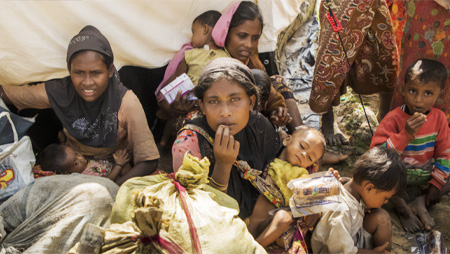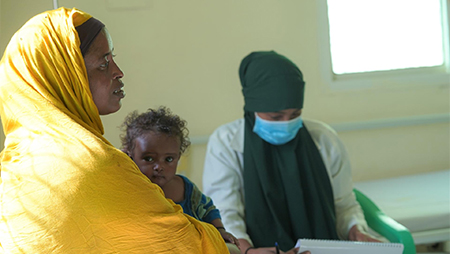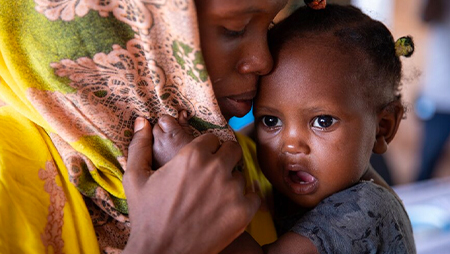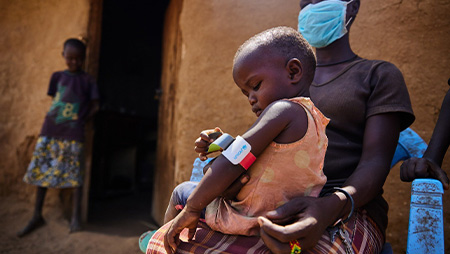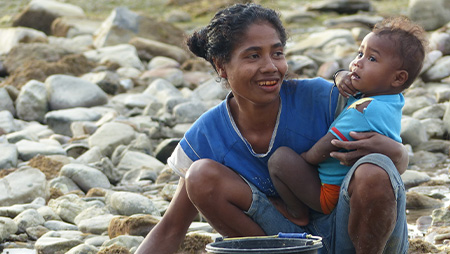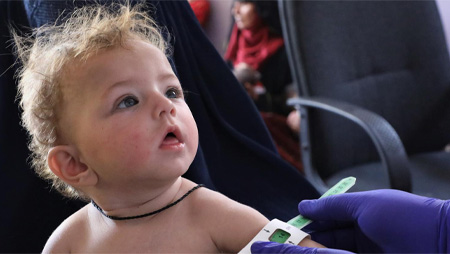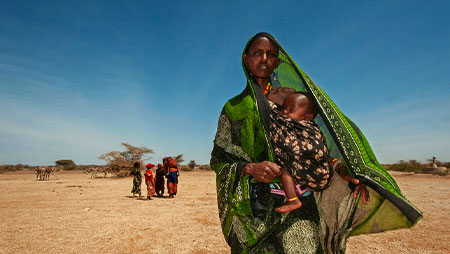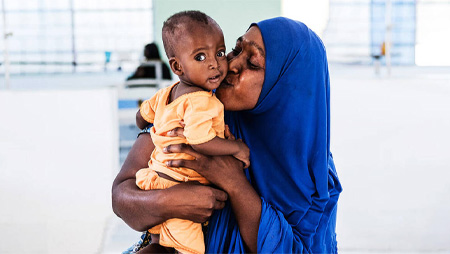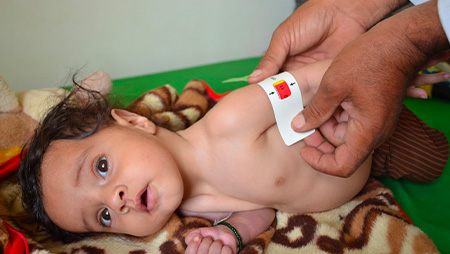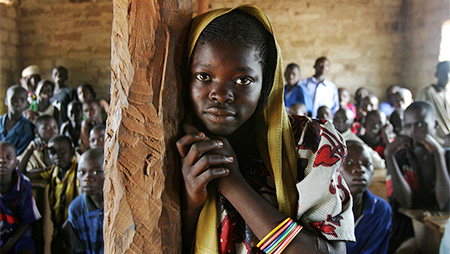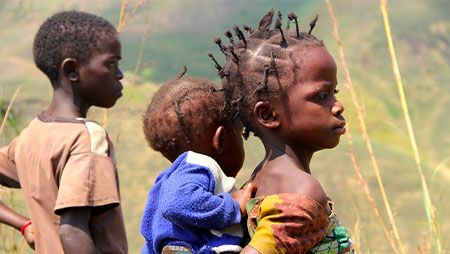Countries In Focus
Bangladesh: nearly 9 million people experience high levels of acute food insecurity between March and April 2023 driven by repeated climatic shocks and high food prices
Bangladesh is a riverine and fertile country and the main livelihood activities of the majority of the population are predominantly agriculture, including crop, livestock and fisheries along with other economic activities.
Somalia: Nearly 6.6 million people likely to experience high levels of acute food insecurity, 1.8 million children expected to be acutely malnourished
Approximately 6.6 million people across Somalia are projected to experience high levels of acute food insecurity classified in Crisis (IPC Phase 3) or above through June 2023, despite some improvements in the country’s humanitarian crisis.
Somalia: Nearly 6.5 million people likely to experience high levels of acute food insecurity between April and June, 1.8 million children will likely be acutely malnourished
Significant efforts in the scale-up of multi-sectoral humanitarian assistance, supported by slightly more favourable than previously foreseen rainfall performance, have contributed to a moderate improvement in food security and nutrition outcomes. However, the situation remains at critical levels.
KENYA: Over 5.4 million people will likely experience acute food insecurity in March and June, about 970,200 children likely to suffer from acute malnutrition through 2023
Latest data shows a likely unprecedented deterioration in Kenya's food security situation, with over 5.4 million people experiencing acute food insecurity between March and June this year and likely to deepen in the following months.
TIMOR LESTE: High food prices, reduced purchasing power, persistent impacts of the COVID-19 pandemic, and floods drive 300,000 people into high acute food insecurity
Timor-Leste ranks 16th according to the World Risk Index, which indicates the country’s severe exposure, vulnerability, and susceptibility to shocks – as well as the lack of coping and adaptive capacities.
AFGHANISTAN: About 4 million children under 5 and pregnant and lactating women likely suffering from acute malnutrition
An estimated 4 million children under five and pregnant and lactating women in Afghanistan are likely suffering from acute malnutrition through April 2023 and need urgent malnutrition intervention.
Somalia: Nearly 5.6 million people experiencing high levels of acute food insecurity, Famine projected in parts of south central regions from April to June 2023
In the period October - December 2022, about 5.6 million people across Somalia are experiencing high levels of acute food insecurity, classified in Crisis or worse (IPC Phase 3 or above).
Nearly 6 million children in Northwest and Northeast Nigeria are suffering acute malnutrition
Nearly 6 million children aged 0-59 months in Northwest and Northeast Nigeria are suffering and expected to suffer from acute malnutrition from May 2022 – April 2023
Nearly 17 million Yemenis will likely experience high levels of acute food insecurity, driven by conflict, climate change and economic decline
The IPC AFI updated analysis conducted in September 2022 indicates that approximately 17 million people, or over half of the population in Yemen, will likely experience high levels of Acute Food Insecurity (IPC Phase 3 or above) between October and December 2022.
Central African Republic: IPC analysis reveals 2.7 million people experiencing high levels of acute food insecurity
This latest analysis shows that the acute food insecurity situation of the Central African Republic remains similar to the previous one, but still concerning, with 44% of the population analysed classified in Crisis or Emergency (IPC Phase 3 or 4) over the current analysis period (September 2022 to March 2023).
South Sudan’s acute food insecurity remains high due to the economic crisis, flooding, low production, conflict and insecurity; about 1.4 million children are acutely malnourished
About 6.6 million people, or over half of South Sudan’s population (54%), are experiencing high levels of acute food insecurity, classified in Crisis (IPC Phase 3) or worse between October and November.
Democratic Republic of the Congo: over 26 million people in the DRC experiencing high levels of acute food insecurity
Approximately 26.4 million people in the Democratic Republic of the Congo (DRC) are experiencing high levels of Acute Food Insecurity (IPC Phase 3 or above) for the period of July to December 2022, driven by widespread poverty, conflict and displacement as well as low agricultural production, high food prices and a lack of basic infrastructure.
Join our mailing list

